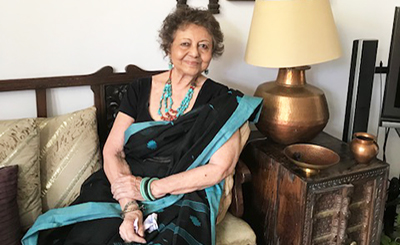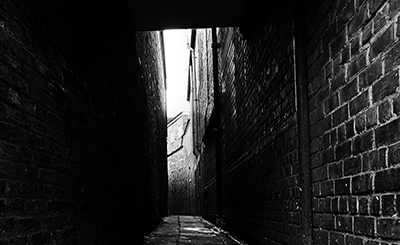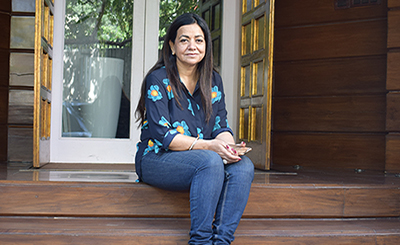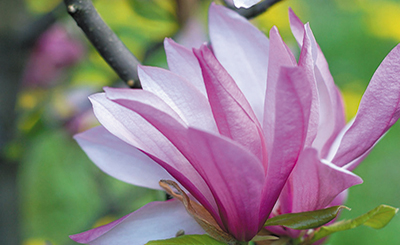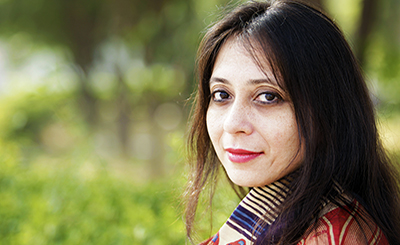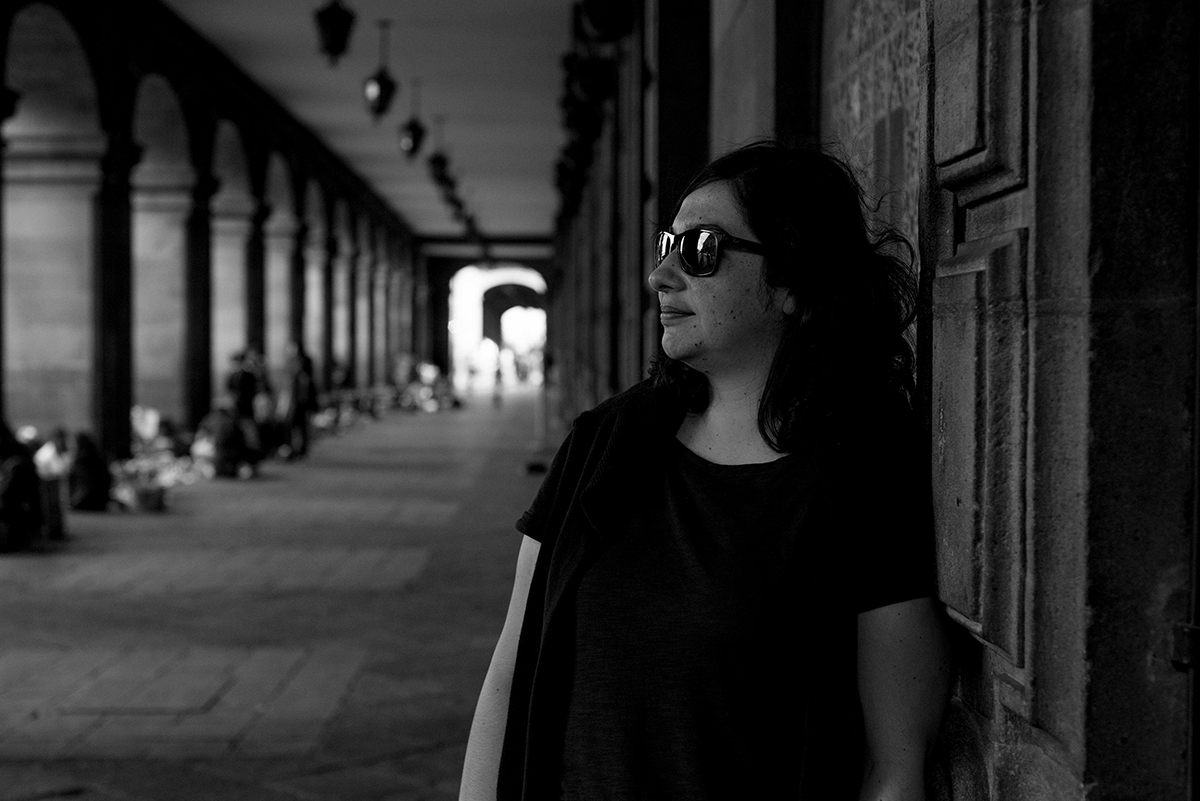
One of Mexico’s most exciting fiction writers, Fernanda Melchor, who was shortlisted for the 2020 Booker International Prize. Photos courtesy: The Booker Prize Foundation
One of the most exciting Mexican writers on her Booker International shortlisted novel — the story of a woman killed by her lover — which dissects violence, femicide, homophobia and misogyny in rural Mexico
Fernanda Melchor, 38, is one of the most exciting new voices of Mexican literature. Her novel, Hurricane Season, the story of a woman killed by her lover which dissects violence, femicide, homophobia and misogyny in rural Mexico, was shortlisted for the Booker International Prize 2020, and won the German Anna Seghers Award and the International Literature Award.
Melchor, a writer and journalist who lives and works in Puebla, published a collection of short stories and a novel: Aqui no es Miami and Falsa liebre (both with Almadia) in 2013. Hurricane Season, when it was published in 2017, was a bestseller in Mexico. Melchor won the PEN Mexico Award for Literary and Journalistic Excellence in 2018.
Sophie Hughes, who has translated novels by several contemporary Latin American and Spanish authors, including Laia Jufresa and Rodrigo Hasbún, has deftly rendered Melchor’s novel into English. Hughes’s translation of Alia Trabucco Zerán’s The Remainder was shortlisted for the 2019 Man Booker International Prize.
In this interview, Melchor talks about portraying the crime of passion in fiction, putting herself “in the skin of imaginary people and creating a small twisted little world of your own from scratch,” the inherent tension in the depictions of beauty and sordidness, and much more. Excerpts from the interview:
Shireen Quadri: Hurricane Season, set in the fictional Mexican village of La Matosa, is a murder mystery based on the real-life killing of a “witch” outside Veracruz. What was your imperative to choose fiction over the initial Capote-like investigation into the crime? Did fiction endow much more freedom than non-fiction would have?
Fernanda Melchor: Well, it was very dangerous to be traveling around the rural areas surrounding the port of Veracruz, because of the strong presence of drug cartel members from the Zetas cartel and the Jalisco Nueva Generación cartel, who were battling over the control of that zone in 2012-2013. To go over there alone and start doing true-crime research on my own, without any funds or credentials from any media, seemed like an amazing adventure and the lousiest idea at the same time. So, in the end I decided that I couldn’t risk my life and the well-being of my step-daughter for the sake of an idea for a book, and I tried to console myself with the idea that even if I went there and managed to interview the murderers themselves in prison, nothing would guarantee that those guys would want to share with me the real reasons and deep motives of this crime I read about. And I also started to think that maybe fiction could also be helpful to understand what hides behind a “crime of passion”. I was a full time housewife and stay-at-home mom at that time, and I think this novel was my way of proving to myself that writing could emerge not only from travel and adventure, but also from an act of pure imagination, by putting yourself in the skin of imaginary people and creating a small twisted little world of your own from scratch.
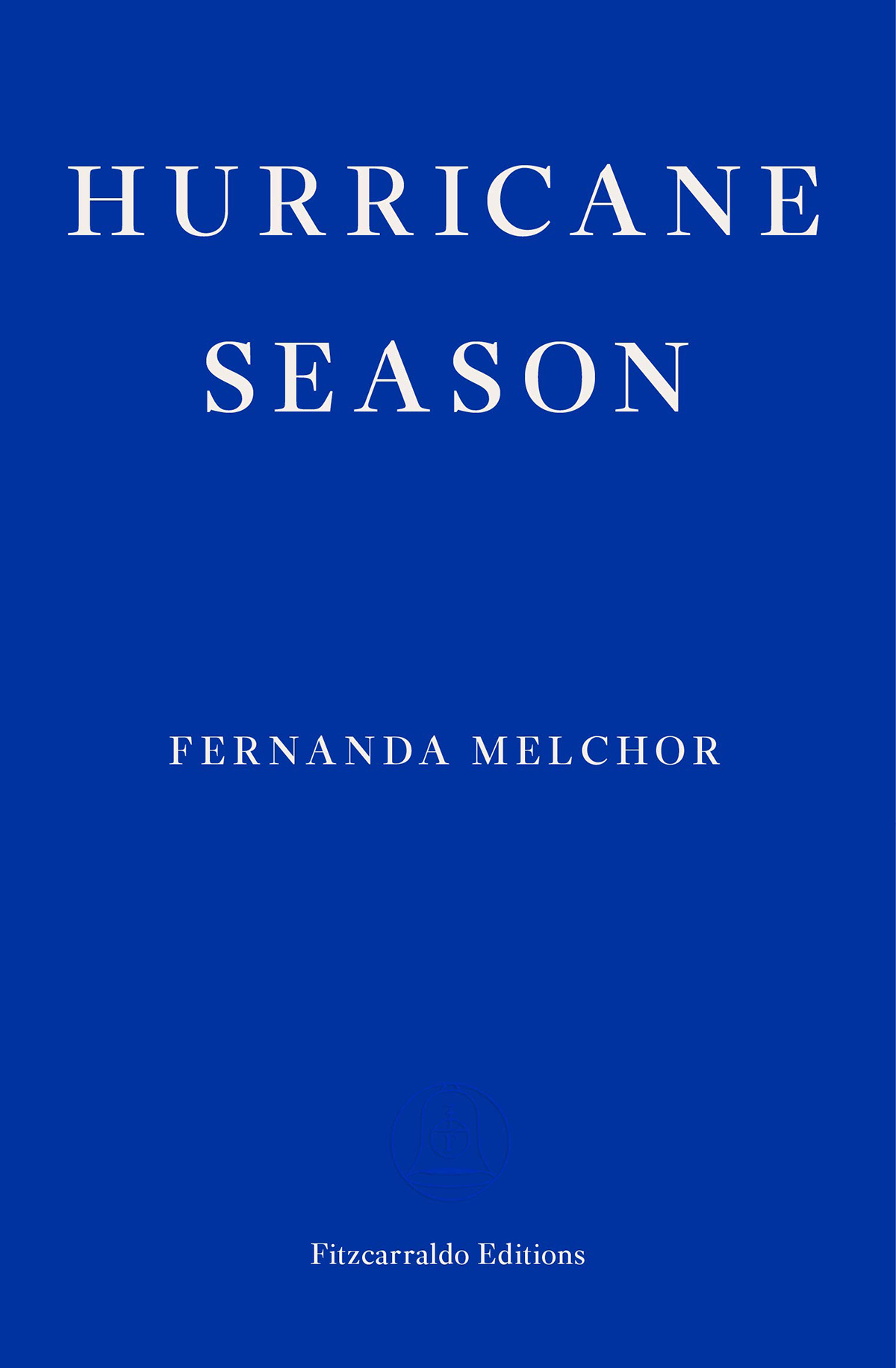
Hurricane Season, By Fernanda Melchor, Translated by Sophie Hughes, Fitzcarraldo Editions, pp. 232, Rs 499
Shireen Quadri: The novel portrays a violent world of “terrible beauty”. The horrors of the region — sexual abuse, incest, corruption, addiction, violence, femicide, homophobia, misogyny, poverty and suffering, not to forget the travails of people making desperate bids to leave the place for the North — bristle with glimmers of beauty and love. Did you set out to highlight the contrast?
Fernanda Melchor: I’ve always been attracted to the tension present in depictions of beauty and sordidness, as in some of Larry Clark’s or David Lynch’s films, or in the books of Cormac McCarthy, William Burroughs and A.M. Homes, among others. But I was also thinking of something else when I chose the Yeats epigraph, “a terrible beauty was born”. In fact, my original intention was to be a little bit sarcastic, because the novel is about femicide, the killing of women not only due to hate, but also fear, a sort of immature, disproportionate rebellion against the perceived power of women, and nothing beautiful could actually be born from that.
Shireen Quadri: The novel is told in eight torrential paragraphs comprising long and propulsive sentences, and each of the paragraphs standing on their own as interlocking novellas. What was your idea behind this structure and the breakneck pace of the novel?
Fernanda Melchor: Since the beginning of the writing process it was clear to me that a novel with such a violent language would also need a violent form. I wanted to create the closest thing to an immersive experience for the reader. I like novels that are able to do that, to pull you into a world of fiction, and I wanted Hurricane Season to have the “readable” quality of the page-turners, while also daring to experiment at a literary level.
Shireen Quadri: The narrators of the novel are many. It is told from the perspectives of the perpetrator, the bystander and the accomplice, among others. How important was to give each of them a voice?
Fernanda Melchor: Since I wanted to explore through fiction what lay in the heart of a violent act, I thought the best way would be to circle around the criminal act, starting from the outskirts of a community, baring its context and mythologies, and then progressively cutting through the different layers of fantasies, reasons, gossips and fabrications that spiral around a horrible crime. Since it was very difficult for me to depict the actual sense of the murder, I decided that the victim and the perpetrator must remain silent, like the void inside the center of a hurricane. I thought it was the most honest thing to do.
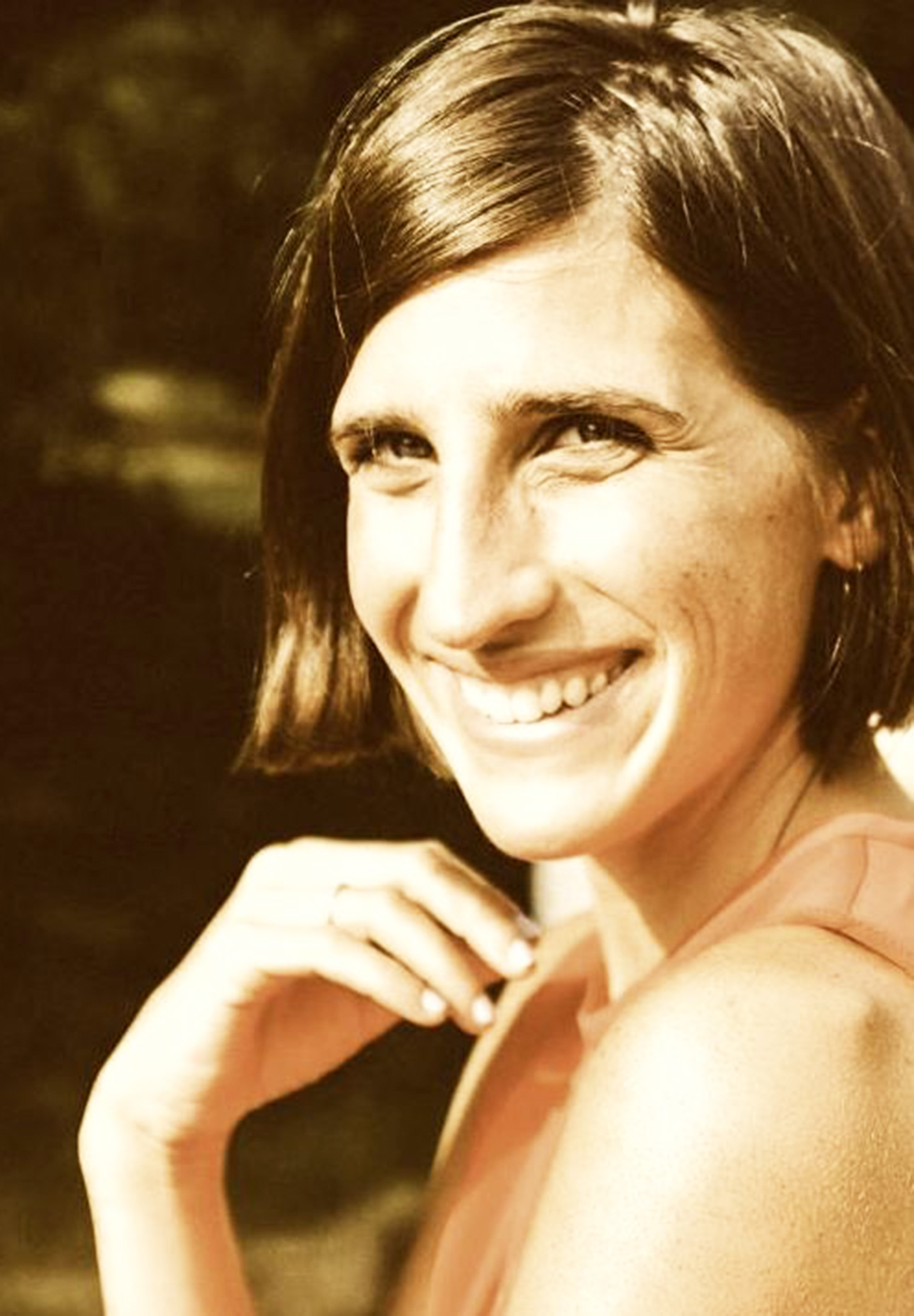
Sophie Hughes, who has translated novels by several contemporary Latin American and Spanish authors, including Laia Jufresa and Rodrigo Hasbún, has deftly rendered Melchor’s novel into English.
Shireen Quadri: Did you want the novel to be a portrait of the horrors unfolding in Mexico, where people, on the brink of poverty, find their lives devastated by the arrival of oil capital and the drugs industry?
Fernanda Melchor: I didn’t exactly mean the novel to be a mirror, but it is true that many of the things that happen in the novel also happened in real life (and not only in Mexico, by the way). It was never my intention to denounce specific problems, but c’mon, I was born a girl in 1982, the year of the worst economic downturn in Mexico, in the heart of a dysfunctional middle class home that sometimes felt like a concentration camp, and lived almost my whole life in a state where today there are more than 15,000 people missing following the anti-drug war. Believe me, I know well the phenomenology of crisis and desperation. So, I guess, it was inevitable for some of that to leak into my fiction.
Shireen Quadri: Your writing bears nods to Capote, McCarthy, Marquez and Bolaño. Have they been your personal inspirations?
Fernanda Melchor: Totally. I met Truman Capote’s work when I was a college student and I was overwhelmed by his brilliance and geniality. McCarthy came after, with all his verve and bravado. Gabriel García Márquez was one of my favorite writers when I was a teenager, but later I preferred other little-known figures of the Latin-American literature Boom, like José Donoso and Manuel Puig. I got to Bolaño the last, but I still read 2666 once a year.
Shireen Quadri: What are some of the contemporary writers writing in Spanish you would recommend? Are there some overarching themes that club their works?
Fernanda Melchor: I love Mariana Enriquez’s horror short-stories and Pilar Quintana’s novels. I absolutely recommend them.
Shireen Quadri: What are you currently working on?
Fernanda Melchor: I’m currently working on a new novel, and I’m also writing an illustrated children’s book with the visual artist Diana Marin.
More from The Byword
Comments
*Comments will be moderated




